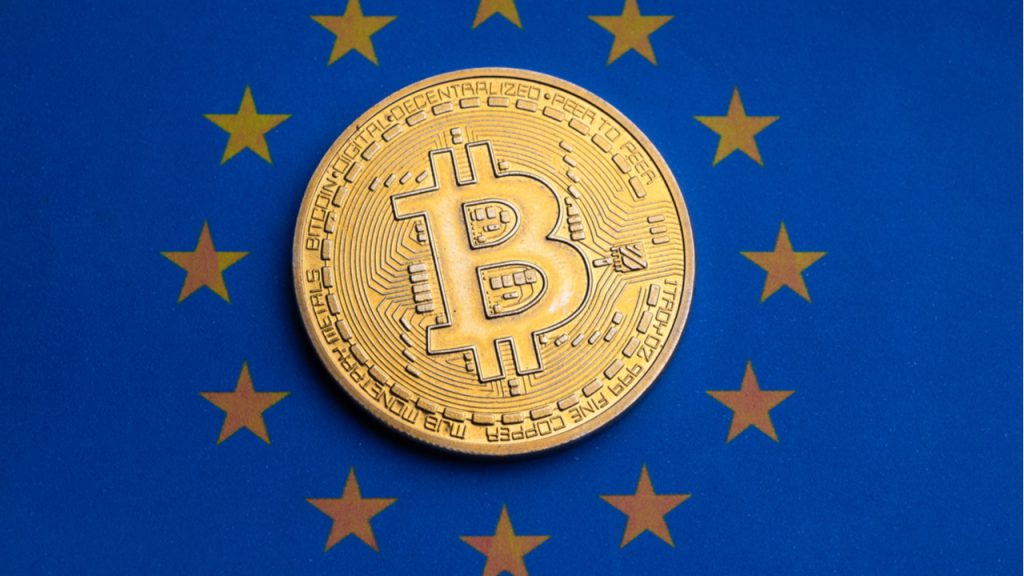Bitcoin, the first cryptocurrency, sparked intense discussions and speculation since its 2009 inception. It started as a niche digital currency and now stands as a major financial asset, experiencing highs and lows. This article aims to explore the future of Bitcoin, specifically answering the question: “What will Bitcoin be worth in 2030?”
We will delve into the factors influencing its value, predictions from experts, and the broader implications for the crypto market.


What Will Bitcoin Be Worth in 2030?
Understanding Bitcoin and Its Journey So Far
Bitcoin (BTC) pioneered cryptocurrencies and currently boasts the highest market cap among digital currencies (mid-April 2023).
Initially conceived as a digital alternative to traditional cash, Bitcoin has evolved into a means of preserving value and a potential guard against escalating inflation.
In 2021, Bitcoin’s value climbed from $29,374.15 at the start of January to $46,306.45 by the end of December. During this period, it twice surged past the $60,000 mark, reaching an all-time high of $68,789.63 on November 10, 2021.
However, the following year witnessed a dramatic downturn of over 60% amid shifting investor sentiment.
The start of 2023, however, has shown signs of optimism, with Bitcoin breaking the $25,000 barrier and trading at $29,159.90 on March 30 – its highest price in nine months.
The Ongoing Volatility of Bitcoin


Bitcoin’s price dipped to a two-year low in November 2022 due to turbulence in the crypto market resulting from the collapse of a significant crypto exchange.
Despite recovering some of its losses in 2023, Bitcoin’s current value is still far from its record price set less than 18 months prior.
Investment analysis experts underscore that Bitcoin investors have enjoyed the highest returns among other assets over the past ten years.
However, they caution that the number of investors who have captured the full ten-year return is likely minimal, given Bitcoin’s high volatility and the temptation for early investors to cash in profits during periods of significant valuation increase.
Veteran investors note that the crypto market rewards those with patience who can weather its inherent instability.
They point to historical patterns of Bitcoin’s value plunging and bouncing back, emphasizing that seasoned investors understand the market’s cyclical nature and remain confident in its eventual recovery.
The Role of Halving Events in Bitcoin’s Value
One unique feature of Bitcoin is its maximum supply of 21 million tokens. As of mid-April 2023, approximately 19,349,456 BTC are in circulation.
Bitcoin was designed to undergo “halving events” every four years, which reduce the number of tokens released into circulation, making the token scarcer and, theoretically, increasing its value.
Historical data reveals that Bitcoin’s value has typically experienced a bull market lasting between 12 and 15 months following each halving event.
However, each subsequent halving event has resulted in a slightly smaller surge in Bitcoin’s price, suggesting that the impact of these events on Bitcoin’s value may be decreasing over time.
Factors Influencing Bitcoin’s Price
The global cryptocurrency market cap began the year 2020 at around $191bn. It peaked at $2.9trn in November 2021 and currently hovers around the $516bn mark.
According to a recent BCG report, crypto assets surpassed $2 trillion in market cap by 2021-end. The report projected a potential four to fivefold increase in value by the end of the decade, despite recent bearish sentiment.


In early September 2021, El Salvador adopting Bitcoin as a legal tender marked a positive development. Additionally, the launch of the Bitcoin futures exchange-traded fund (ETF) in October further contributed to the 2021 BTC cryptocurrency market.
As of October 2022, over 15,000 businesses accepted Bitcoin as payment, with ongoing growth.
Bitcoin: A Potential Inflation Hedge?
Some analysts draw parallels between Bitcoin and gold, suggesting that Bitcoin might serve as a hedge against inflation, similar to gold.
Both assets have a finite quantity, usually exhibit low correlations to equities and fixed income, and act as a store of value independent of traditional systems such as governments or central banks.
However, other experts argue that recent market dynamics demonstrate that cryptocurrencies also align with technology stocks.
They emphasize that Bitcoin should be viewed as a highly volatile long-term savings account rather than a traditional investment because it offers no potential future cash flows.
What Will Bitcoin Be Worth in 2030?
Long-term price estimates for Bitcoin in 2030 vary widely among different sources. Algorithm-based price predictions like those from DigitalCoinPrice suggest an average price of $305,981.72 for Bitcoin in 2030.
Meanwhile, other sources such as PricePrediction, forecast a significantly higher price of $564,433.66 for Bitcoin in 2030.
Analysts’ views on Bitcoin’s price in 2030 also differ. A panel of industry specialists surveyed in October 2022 anticipated Bitcoin to surge to $270,722 by December 2030.
In January 2022, ARK Invest analyst Yassine Elmandjra projected an even more optimistic Bitcoin outlook for 2030. The report suggested a price of $1m.
Conclusion: What Will Bitcoin Be Worth in 2030?
Predicting the future price of Bitcoin is a complex task, given its high volatility and the numerous factors at play. While some experts believe that Bitcoin could reach $1m by 2030, others offer more conservative estimates.
Most agree: Bitcoin’s long-term trend is upward due to limited supply, increasing demand, and potential regulations.
However, as always, these predictions should be taken with a grain of salt. The crypto market is notoriously unpredictable, and prices can fluctuate widely in a short span.
Therefore, potential investors should conduct thorough research and exercise caution when investing in Bitcoin or any other cryptocurrency.





